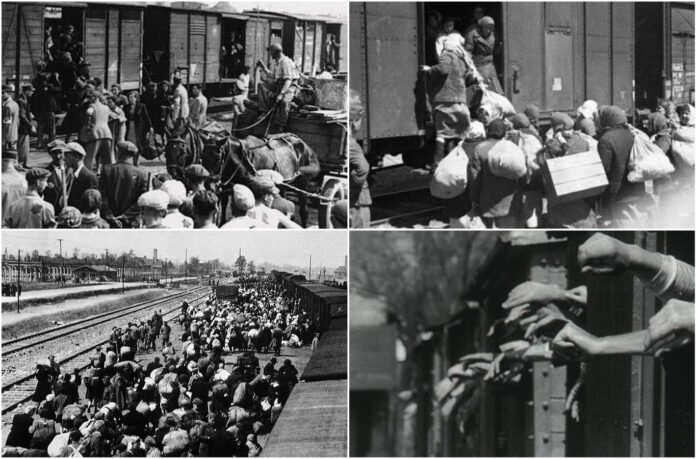The first Stalinist deportation began at 2:30 a.m. on June 13, 1941. Soviet authorities forced nearly 22,000 people from Bessarabia and Northern Bukovina—mainly “kulaks,” priests, intellectuals, and party members—onto freight trains bound for Siberia and Kazakhstan. Families were separated, many died in transit, and survivors endured forced labor in brutal conditions.
Following the Molotov-Ribbentrop Pact of August 23, 1939, the Soviet Union annexed Bessarabia, Northern Bukovina, and the Hertsa region. Soviet forces quickly launched a campaign of repression, arresting and deporting anyone considered a threat.
Officials drew up deportation lists without a legal basis—many were handwritten, unapproved, or unsigned. Targets included mayors, teachers, police officers, landowners, and merchants. Deportees traveled for weeks in sealed train cars, given only salted fish and 200 grams of water per day. Corpses were discarded at train stops. Authorities sent survivors to remote labor camps.
FOR THE MOST IMPORTANT NEWS, FOLLOW US ON TWITTER!
Between 1941 and 1951, the Soviet regime carried out three major deportation waves from Moldova. The second wave, “Operation South,” took place on July 5–6, 1949, and aimed to remove over 35,000 people labeled “enemies of the people.” The third wave, on March 31–April 1, 1951, targeted religious groups and community leaders.
Soviet leaders, including Stalin, approved these actions through decrees and party resolutions—decisions that violated Soviet and local constitutions. The regime used deportations to break communities, instill fear, and erase cultural identity by relocating people thousands of kilometers from their homes.
In 2013, Moldova unveiled the “Train of Suffering” monument at Chisinau railway station. In 2023, a memorial exhibition displayed deportation train cars and personal items from victims, drawing nearly 20,000 visitors.
These events remain a deep wound in Moldova’s history. July 6 is now a national day of mourning, honoring the tens of thousands who suffered under Stalinist terror.


